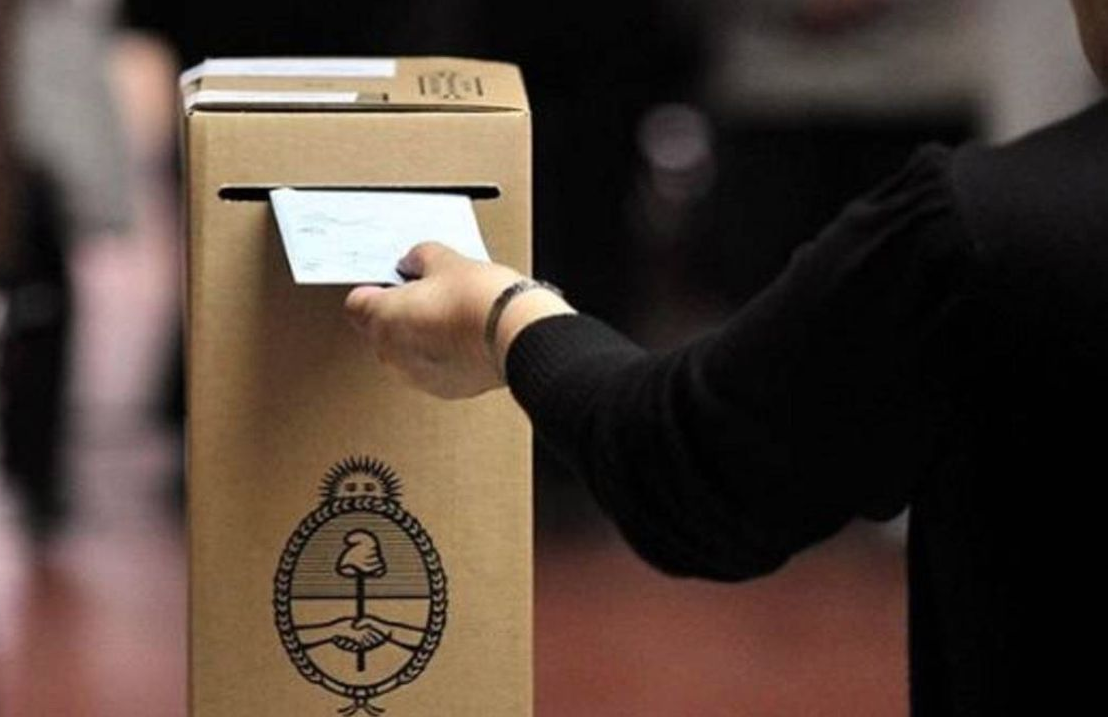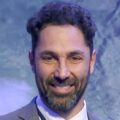This year marked the 39th anniversary of democracy’s return to Argentina. Although imperfect, it is nurtured by the active participation of multiple actors such as the press, institutions, universities, political parties, a committed citizenry, and organized civil society. All these actors are part of the electoral processes, in one way or another, and have a shared responsibility to protect the integrity of these processes, an indispensable characteristic of a democracy.
These actors have a guaranteed role in electoral cycles and are respected by political institutions, except the civil society organizations that follow electoral matters. In Argentina, the figure of national electoral observation does not exist. What exists is civic accompaniment, a much more limited and poorly regulated monitoring modality that leaves wide discretion to the electoral authorities during the accreditation of those who choose to exercise the right to accompany the federal and provincial electoral processes.
The National Electoral Chamber created the figure of the “civic-electoral accompanier” by means of a resolution (No. 128/09 CNE) and there is still no law amending the Electoral Code to incorporate a section regulating citizen monitoring. This, despite the fact that multiple projects have been introduced in the National Congress, one of those projects, was supported by Transparencia Electoral and introduced by the then deputy Gustavo Menna in October 2020. This item went on to become one of the 10 Electoral Reforms for Argentina proposed by Transparencia Electoral and which postulates improvements to the federal electoral system.
During the 2021 electoral cycle in Argentina, according to minute number 17 of the National Electoral Board of the Autonomous City of Buenos Aires, it was established that the civic accompaniers are “subjects alien to the development of the act” and that with the presence of the political parties representatives “control would be guaranteed”. This decision set a dangerous precedent that interprets this right as flexible and that the power of the political parties to supervise the process is a sufficient means to guarantee its integrity. The objective of the proposed law is none other than to prevent citizens’ rights from being compromised.
For this reason, the latest edition of the Latin American Electoral Observation Index elaborated by Electoral Transparency categorizes Argentina as a country with a weak electoral observation index and places the country only above the authoritarian regimes of Cuba, Nicaragua, and Venezuela. This, of course, refers only to the status of the figure of electoral observation, not to the integrity of electoral processes. It is important to mention that it does affect the right of civil society to exercise accounting over the organization and execution of elections.
The index evaluates issues such as the existence of electoral observation in the legislation and the barriers to exercising observation, aspects in which the country does not obtain good evaluations, especially in comparison with countries such as Colombia, Ecuador, Peru, Panama, and Costa Rica, which not only establish and allow national electoral observation in their legislation but are also open to international electoral observation. In the most recent elections in Ecuador (2021) and Colombia (2022), the presence of international observers even helped to reduce tensions in post-electoral situations. Brazil’s elections in 2022 also established the recent incorporation of the figure of electoral observation.
This year has brought good and bad news for election observers around the world. On the one hand, countries such as Brazil, one of the largest democracies on the planet, made the historic decision in December 2021 to authorize and regulate electoral observation not only nationally, but also internationally. For the first time in its democratic history, several electoral observation missions were distributed in Brazilian territory to monitor the general elections of October 2022.
However, both the electoral authorities and observers have been the target of unprecedented threats and accusations of discredit, which have their origin in the disinformation campaigns promoted without basis or scruples by different actors of the political spectrum. For this reason, last October 27, UN human rights special rapporteurs issued a joint statement regarding the situation of national and international election observers as human rights defenders, which represents an important precedent.
According to the statement, conditions under which elections are held around the world have worsened, and “disinformation campaigns, harsh rhetoric, and even violence have been directed at the broad spectrum of actors involved in electoral processes, from candidates and political parties to election officials and observers.” They also denounce that “both domestic and international election observers have reported a significant increase in the severity and scale of attacks against them.”
Civil and political rights, among which are the right to elect and be elected and others that guarantee the participation of citizens in the civil and political life of the State without discrimination and on equal terms, are also human rights. For this reason, the special rapporteurs emphasize that “they are human rights defenders and civil society actors. Therefore, States must allow independent and impartial observation of elections by all observers, including those from abroad”.
Why does Argentina maintain this debt with civil society organizations? The supervision of the electoral process is not only the responsibility of the political parties. It is time that, with respect to the general elections of 2023, Congress assumes the responsibility of protecting and enshrining in the Electoral Code the right of citizens to exercise control over the elections not only during the voting day but also over the different phases that make up the electoral calendar.
*Translated from Spanish by Janaína Ruviaro da Silva













